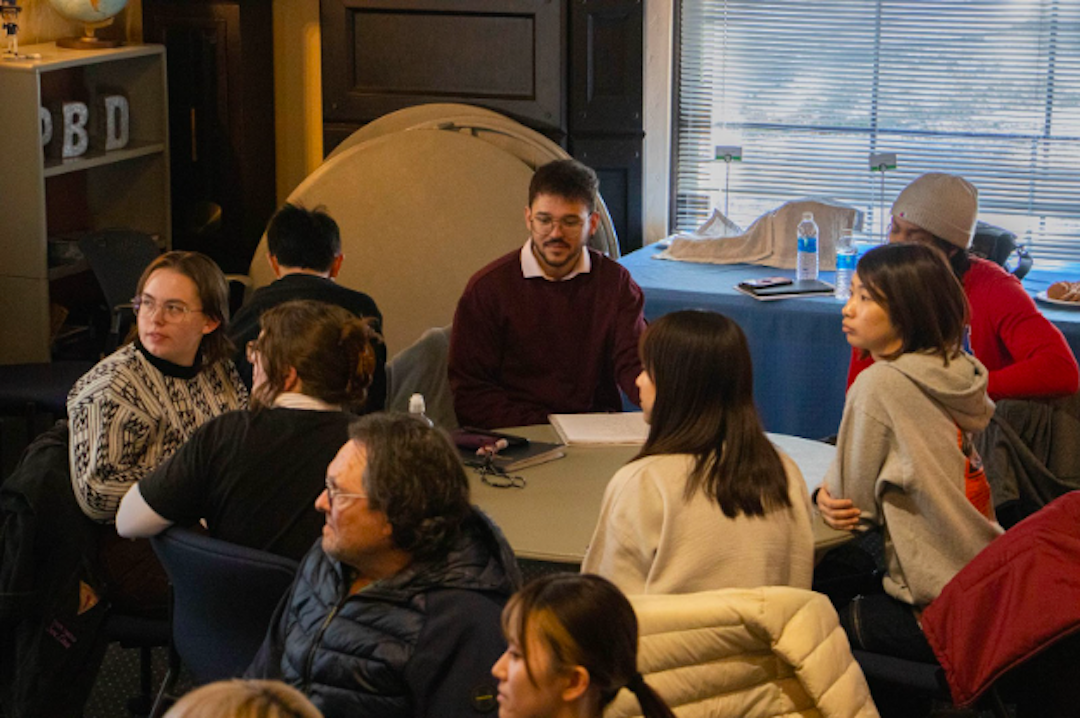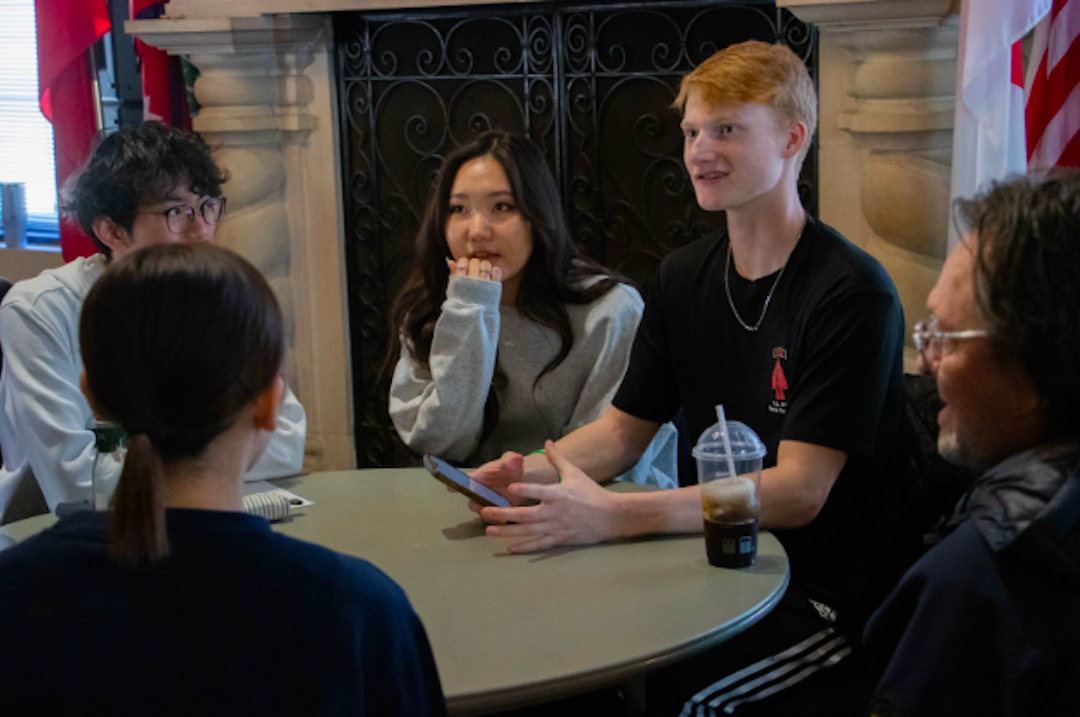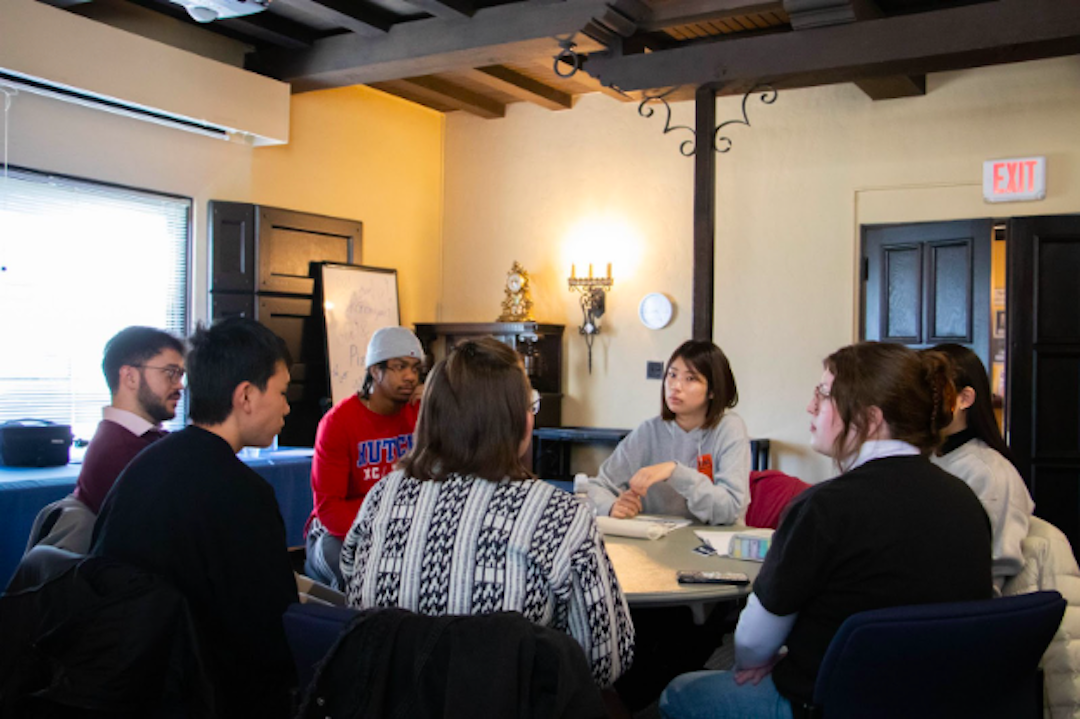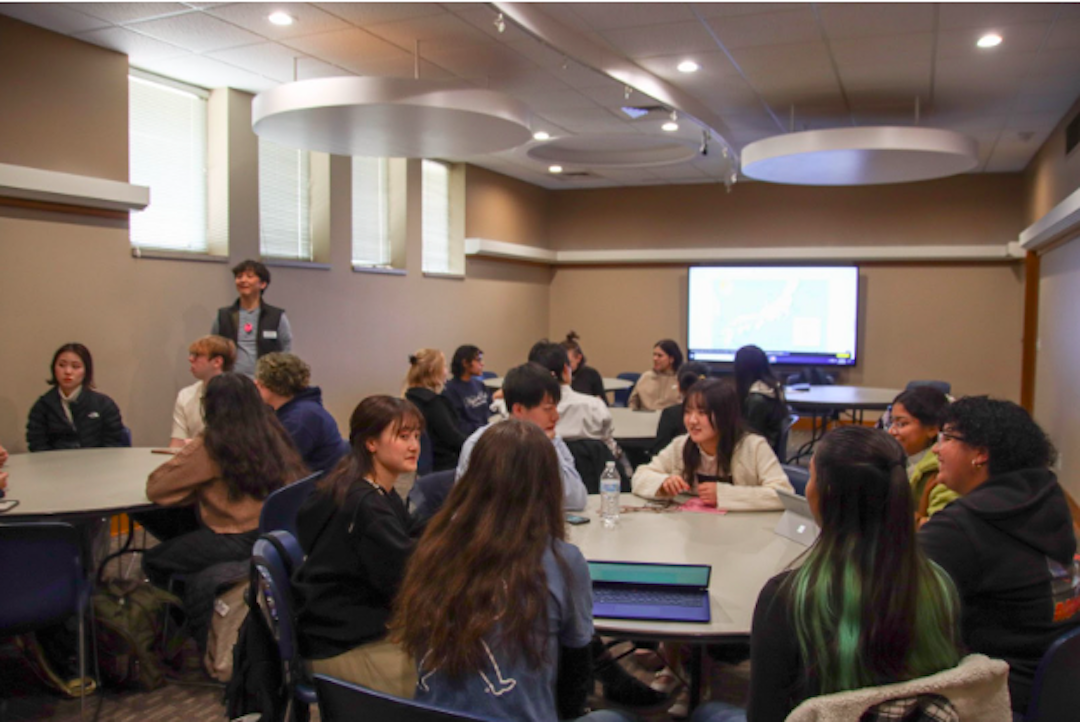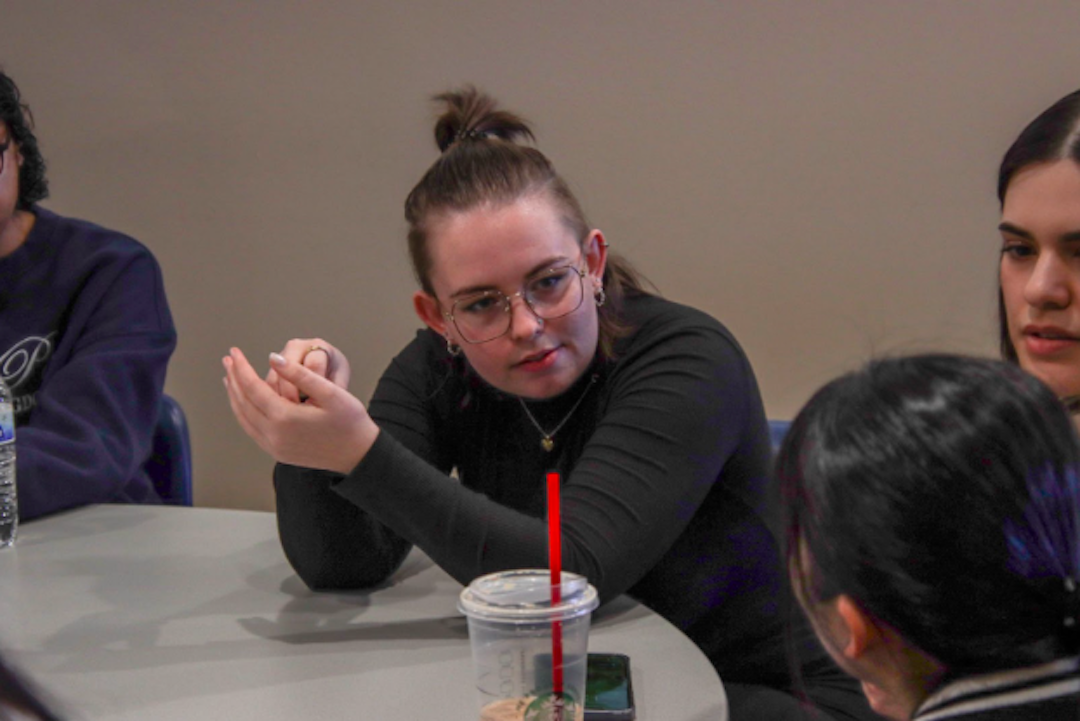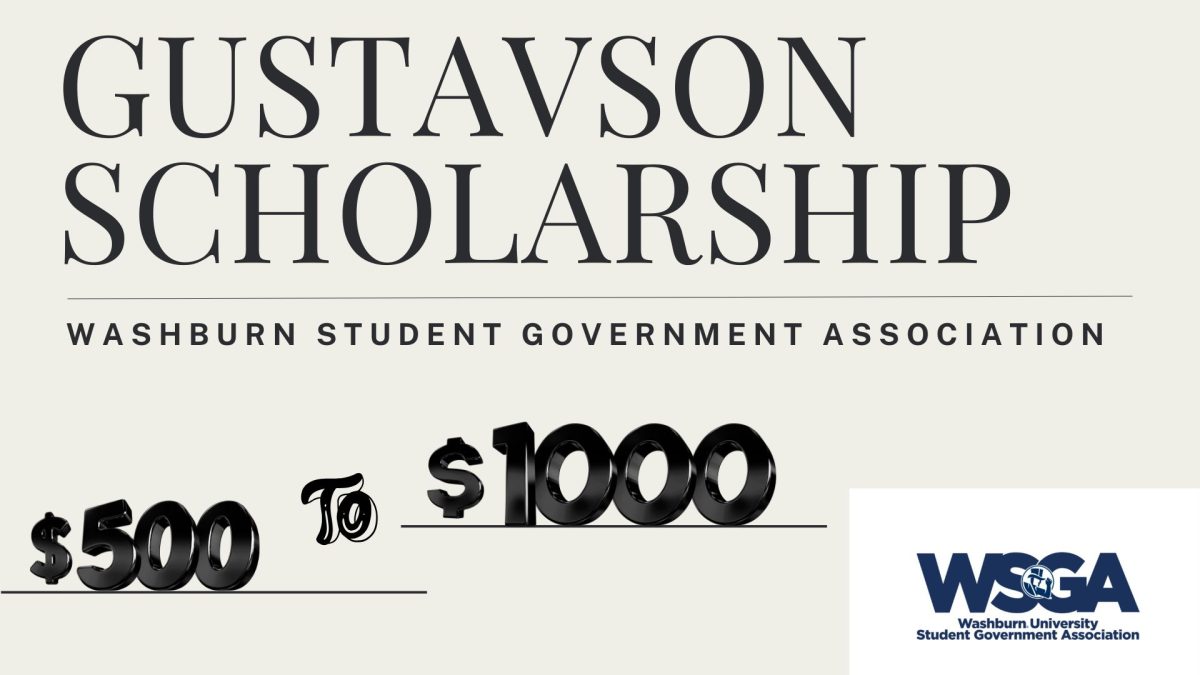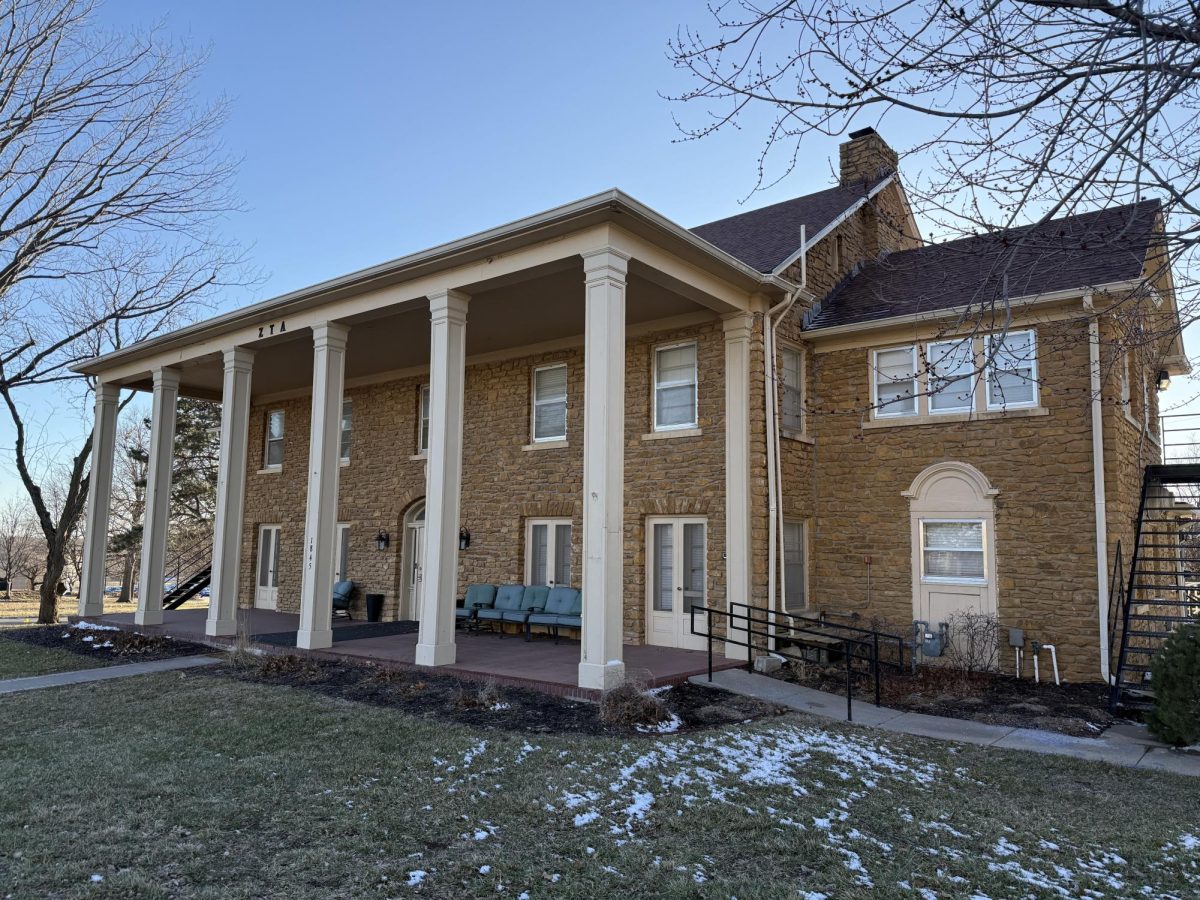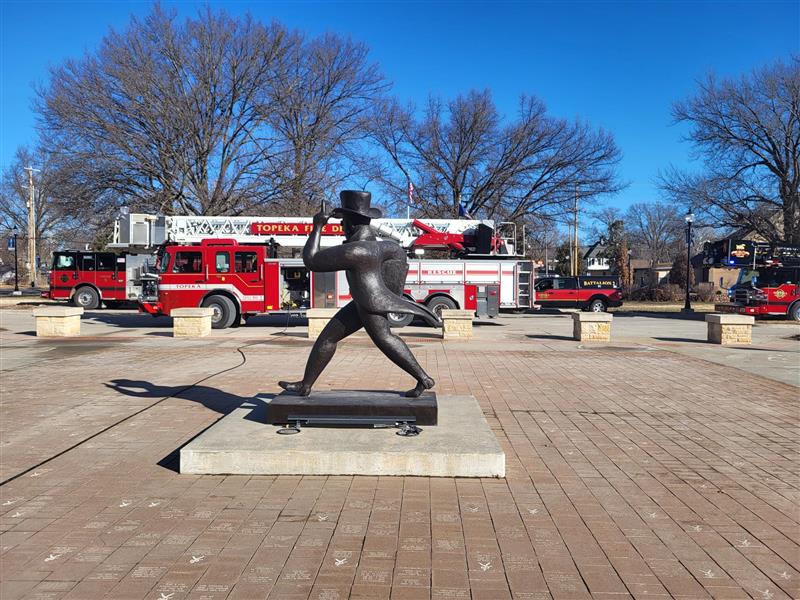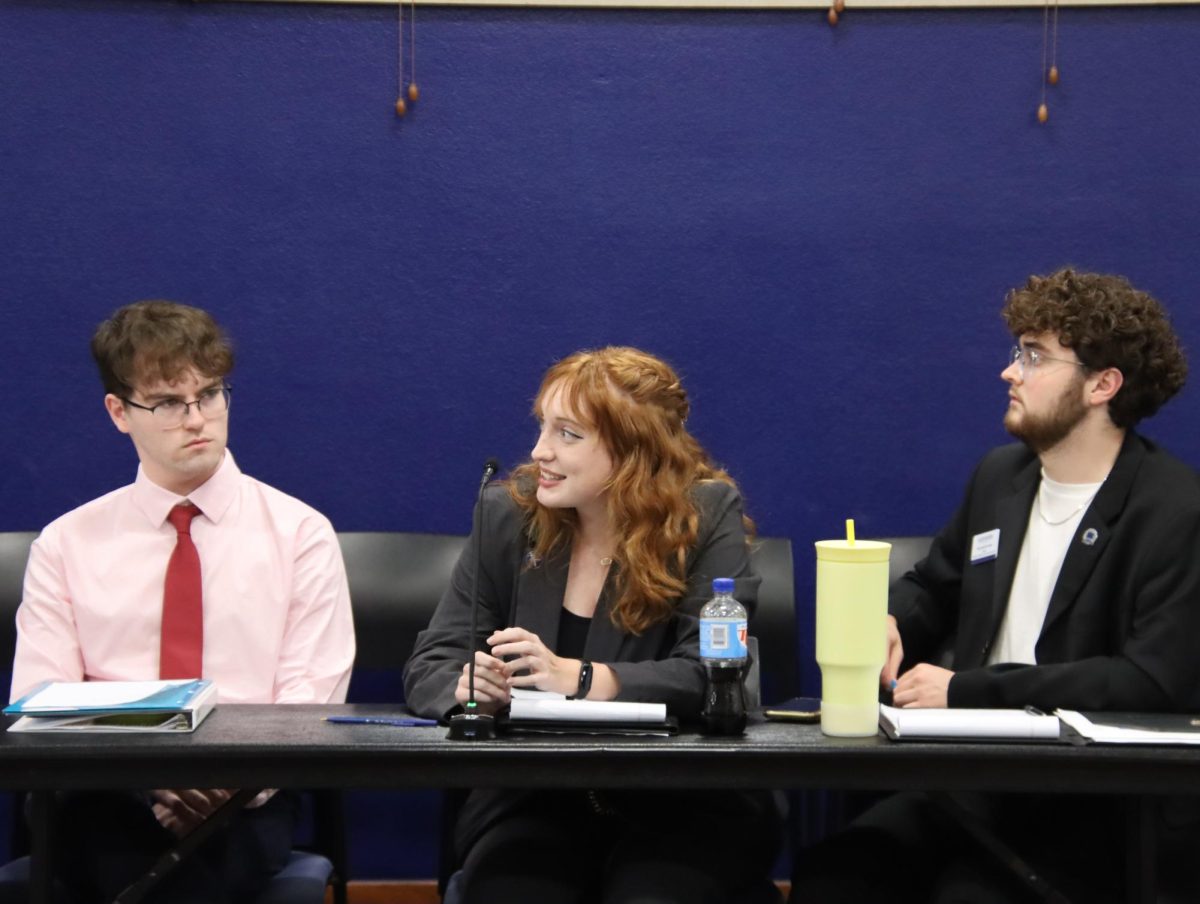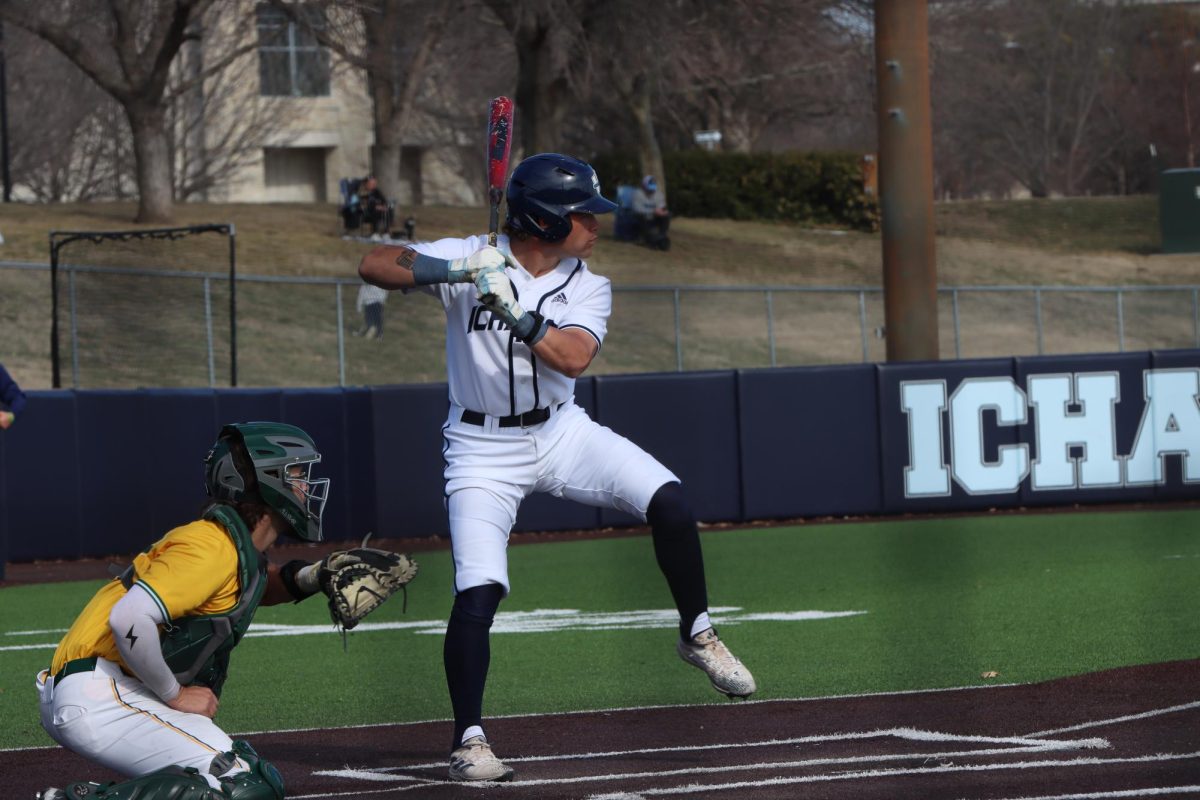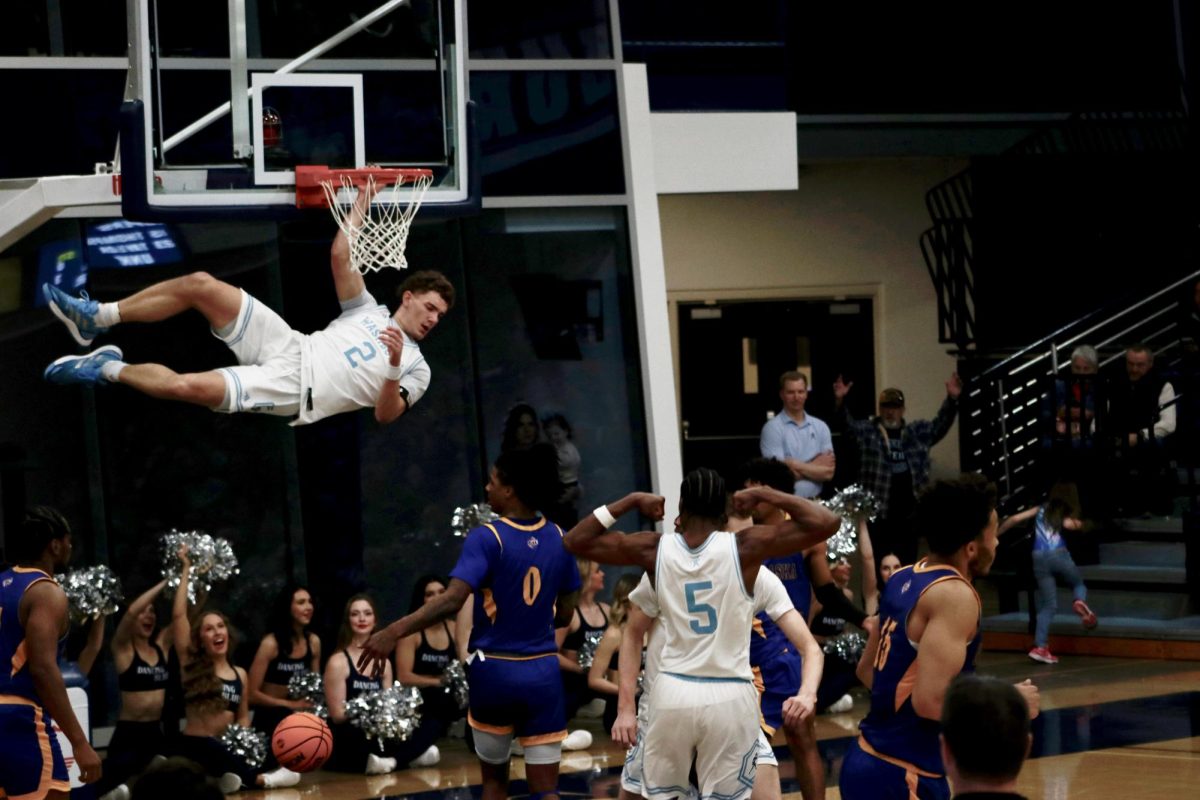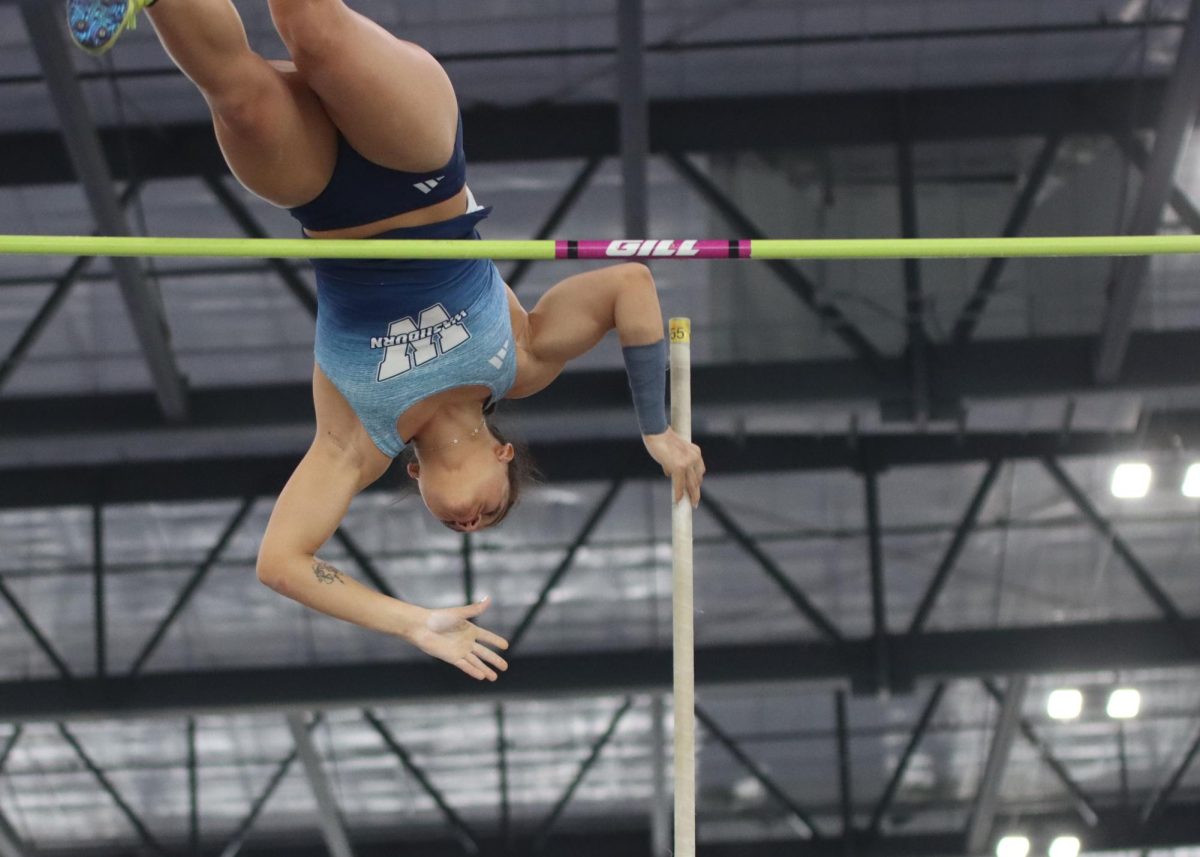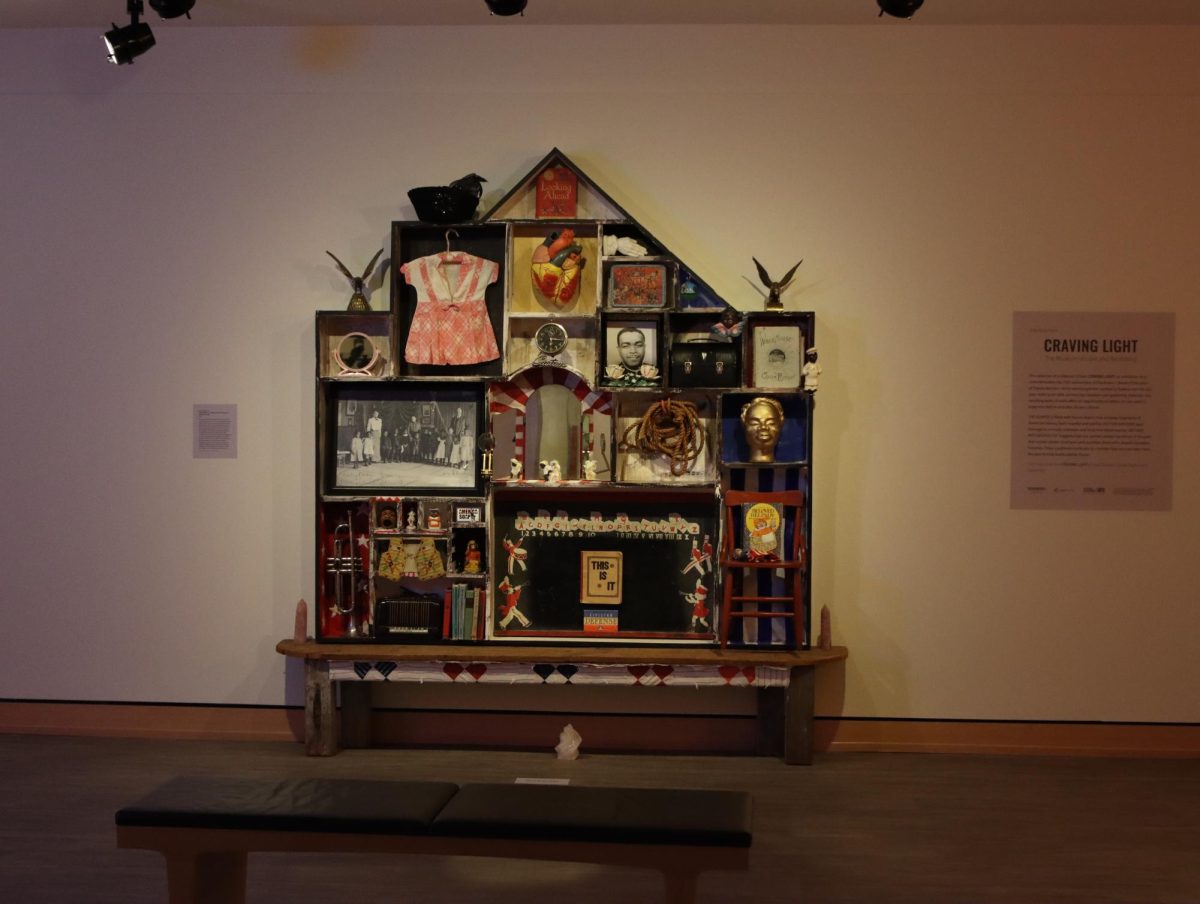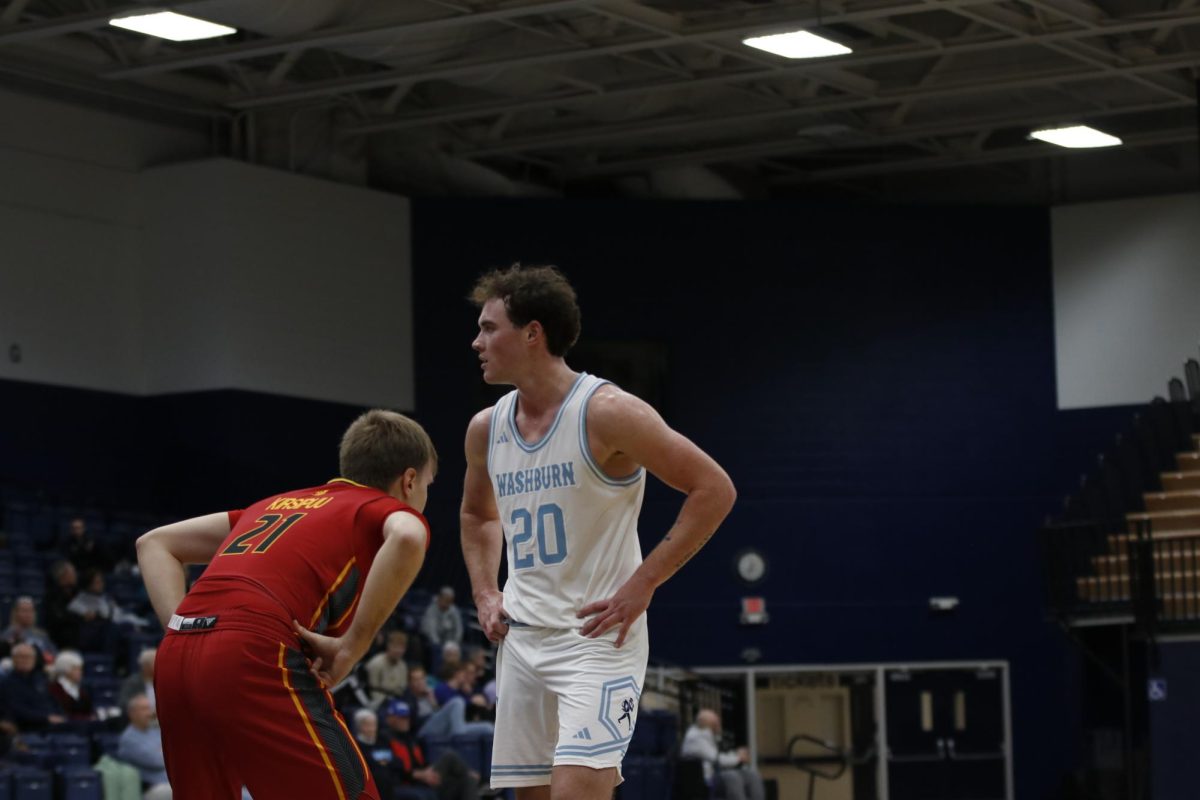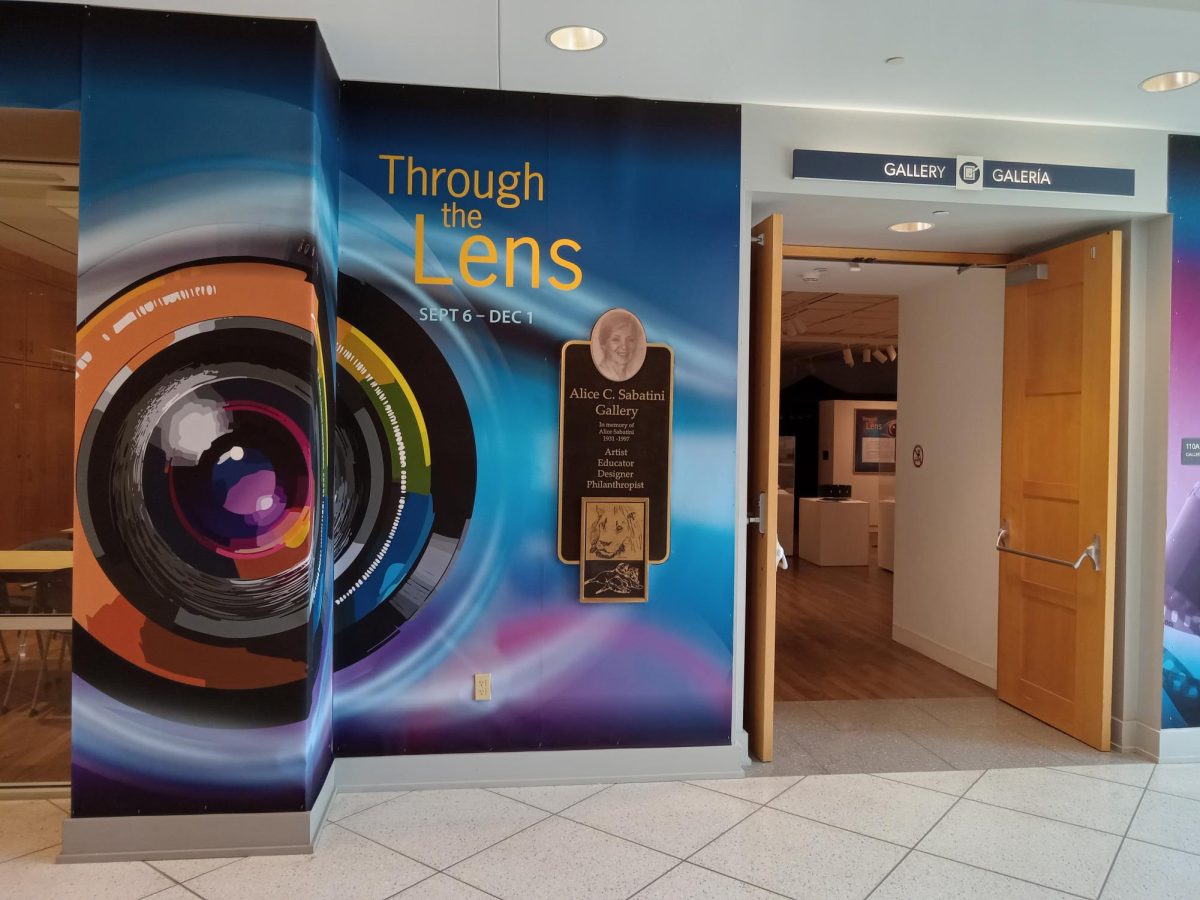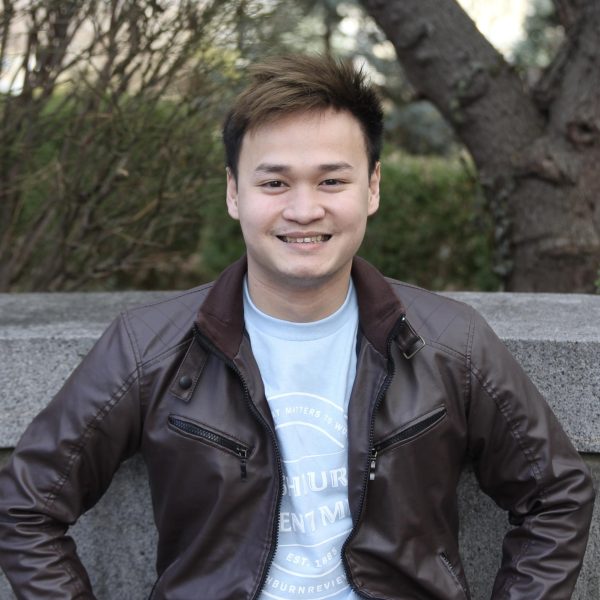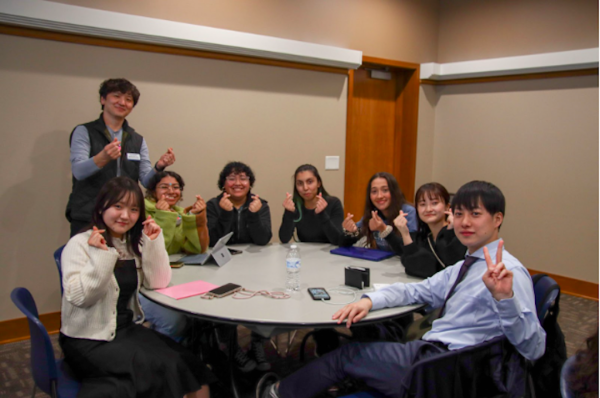
Washburn students and students in SOAN300 K-pop & Beyond met with a group of international students from Fukuoka University and Chiba University of Commerce. The Japanese international students are studying English and learning about campus life in the U.S. at Washburn University.
Sangyoub Park, associate professor of sociology and host of the meeting, shared that making the activity between exchange students and Washburn students is about connection and communication practice.
“… This is a good kind of project for Japanese students, because now they have a kind of chance to speak English outside the classroom even though I know this is clear, but they can talk to their friends, which is [a] very rare opportunity for a short time visiting students. So this is why I like to do this project,” Park said.
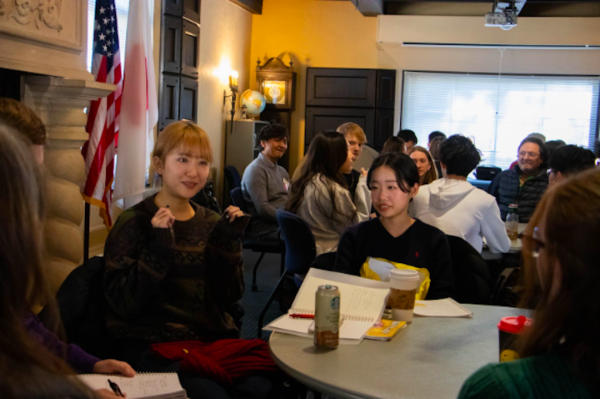
Park is in charge of the K-pop program Past, Present, Future, which is a culture education combination of the SOAN300 K-pop & Beyond course in the spring semester of 2024 and a travel portion to Korea this summer.
Studying abroad may be challenging to deal with for a few weeks without understanding the local language. Park highly appreciates the meaning of having communication with international students who already have study-abroad experiences for Washburn students who plan to study in another country.
“I mean, sometimes we are looking at trying to learn [from] a coach or just looking at the textbook or other reading, but … we are learning by doing sociality. So not only [do they] … study the culture now … They can share what they, along with others, process. They get firsthand experience [from Japanese students,]” Park said.
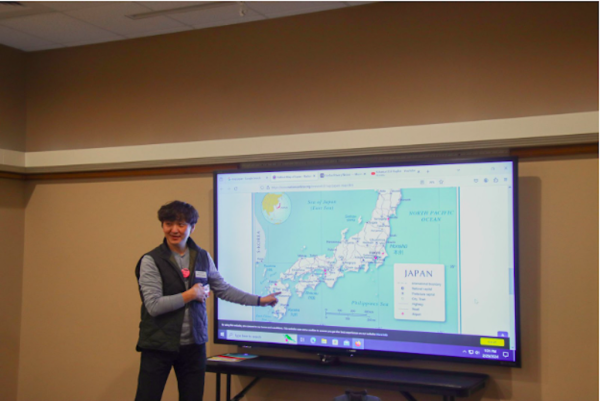
Storm Henry, a senior anthropology major, shared that she is interested in Japanese culture, especially Japanese foods, and she also has a close friend at Washburn who is from Japan.
“I think that kind of got me into Japanese culture. I watch a lot of food YouTube videos and I started to watch YouTube videos from Japan of people making Japanese food,” Henry said. “So it got me really interested in the culture and it also helps that I have friends who are Japanese. … I have a couple of pretty close friends … and so it really helps kind of get a good perspective of different aspects of Japanese culture that I probably wouldn’t get as a tourist.”
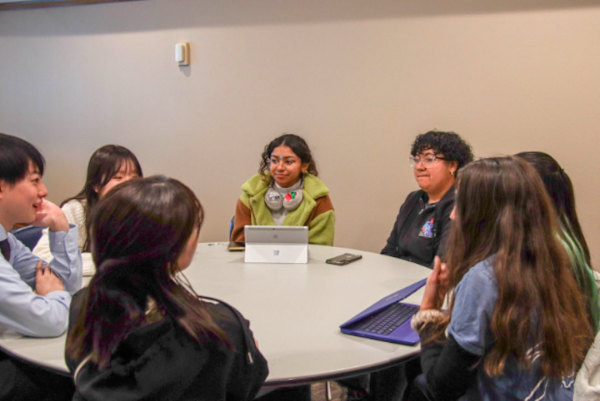
Henry is also the assistant for Park in most of the previous cultural events, such as Lunar New Year, international food sharing and other events, to fundraise for the Korean study abroad trip in the summer of 2024.
Wakana Irie, sophomore sociology major from Fukuoka University, emphasized that short-term studying in America is also helpful for her education process and helps her gain English communication skills.
“We came here with 16 [people] and my major is culture studies in my culture department. We can [get] a lot of different views so I especially [learned] sociology and cultural anthropology and then made up my mind to decide to visit this short term study abroad because I want to pass [and] I want to improve my English,” Irie said.
Irie shared that she talked to Washburn students about different topics in game, movie characters, and foods; she also feels good care from Washburn.
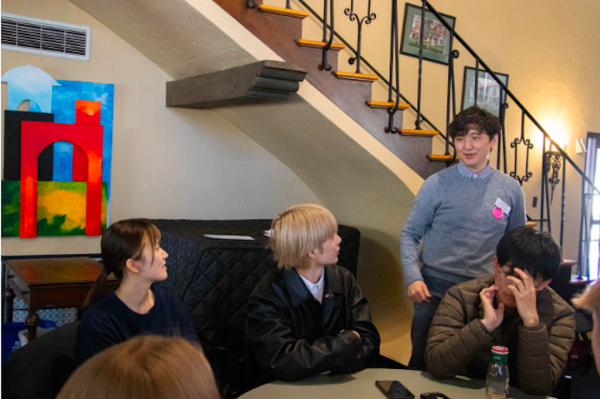
“By talking to [an] American student or a student from [a] different country with a different perspective, and we just have fun to talk, [their] favorite thing, favorite food and favorite character, and then we can talk about a topic like a game. … It was good care,” Irie said.
To be able to study abroad, participants may need to take three to four months to complete their passports before the trip. Students who want to participate in the program can apply for the WTE available scholarships (SCWTEs, or International Education Scholarships)
The main reason Park celebrated culture shared with Japanese students is that not only do students learn culture from each other, but also students in Washburn can have a chance to see what it looks like to be in a foreign country.
Edited by Jeremy Ford and Stuti Khadka




